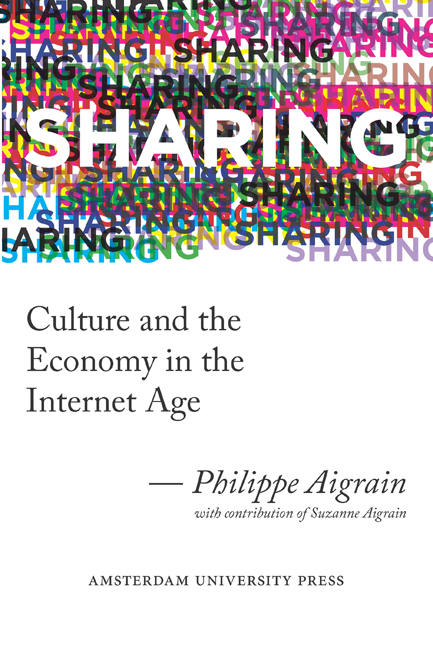8 - Sustainable Financing for the Commons
Published online by Cambridge University Press: 19 January 2021
Summary
In the previous chapter, we defined what could be the initial regime of the Creative Contribution. We now reflect on its evolution in space and time. No doubt surprises will crop up in its implementation: how should it adapt to them? How should it be reviewed to address new challenges, in particular of scale? Can it be put in place in some countries first and others later?
As part of this exercise, we introduce a new way of looking at financing schemes that link the monetary economy to the non-market commons. The relevance of such schemes goes well beyond the cultural or information domain. They address a central problem: in the information age, how can we empower the members of a society to manage resources for the knowledge, environment and social commons?
Evolution of the Creative Contribution in one country
The reader might be wondering why when (Oberholzer-Strumpf 2010) rightly stress that cultural sharing is a global phenomenon, we propose to manage resources for the financing of creative activity in national frameworks. There are good reasons for this initial choice: national frameworks are currently the only ones in which financial resources can be collected on the appropriate scale, the governance of the collected sums can be democratically controlled, and the debate on what is socially acceptable or not can effectively take place. It is a compromise, and we welcome the progressive development of resource pooling in other domains, at the level of global regional entities such as the European Union (a natural umbrella for more global schemes) or Latin America, or even globally in the field of health or the environment. Nonetheless, in fields such as culture and creativity, mature democratic arenas are presently lacking and must be developed before large-scale resource collection can begin. In parallel with national mutualized financing schemes, grassroots initiatives such as Flattr, an intermediary for the voluntary pooling of rewards to creative works set up by Peter Sunde, one of the founders of The Pirate Bay, or the participative funding and co-production intermediaries already mentioned in section 7.3 will continue to explore the route of global resource pooling.
- Type
- Chapter
- Information
- SharingCulture and the Economy in the Internet Age, pp. 127 - 134Publisher: Amsterdam University PressPrint publication year: 2012



